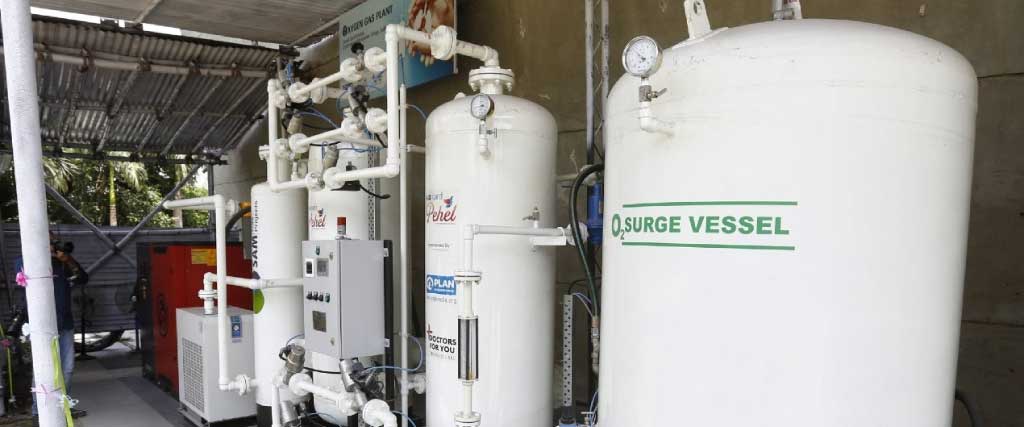AI Predicts Oxygen Requirement for COVID-19 Patients Globally: Study

AI Predicts Oxygen Requirement for COVID-19: An artificial intelligence (AI) tool developed by a group of international researchers can predict how much extra oxygen a COVID-19 patient will require during hospitalization. The AI is reportedly 95% accurate in predicting the amount of oxygen needed by patients within 24 hours, with 88% accuracy for specificity. The study was published in the journal 'Science Translational Medicine’. It analyzed 10,000 COVID-19 patients from across the world and found that it predicted their levels of oxygenation accurately. The AI tool was tested in a number of hospitals across five continents to ensure its accuracy. The results showed that it accurately predicted the amount of oxygen required within 24 hours of a patient's arrival in the emergency room, with a sensitivity of 95% and specificity over 88%. The method is called federated learning, and it involves analyzing chest X-rays and electronic health data from hospital patients with COVID-19 symptoms using an algorithm. After the algorithm had ‘learned' from the data, it will be combined to create a tool that could be used all over the world. AI Predicts Oxygen Requirement for COVID-19, The outcomes of around 10000 COVID-19 patients globally were analyzed in a study published on Thursday by Nature Medicine where an algorithm was used to analyze chest X-rays and electronic health data from hospital patients with COVID-19 symptoms. Patient confidentiality was maintained strictly by anonymizing the patient data completely so no information left its location. "Federated learning has a transformative power to bring AI innovation to the clinical workflow," said Professor Fiona Gilbert, from the University of Cambridge in the UK, who led the study. "Usually in AI development, when you create an algorithm on one hospital's data, it doesn't work well at any other hospital," said study first author Ittai Dayan, from Mass General Bingham in the US. The researchers were able to build a generalizable model that can help frontline physicians all over the world by developing the model using objective, multimodal data from different continents. Read More: A LONG WAY TO GO ACHIEVE A NEW THEORY OF INTELLIGENCE FOR THE CREATION OF AGI
